
AI Lab
-
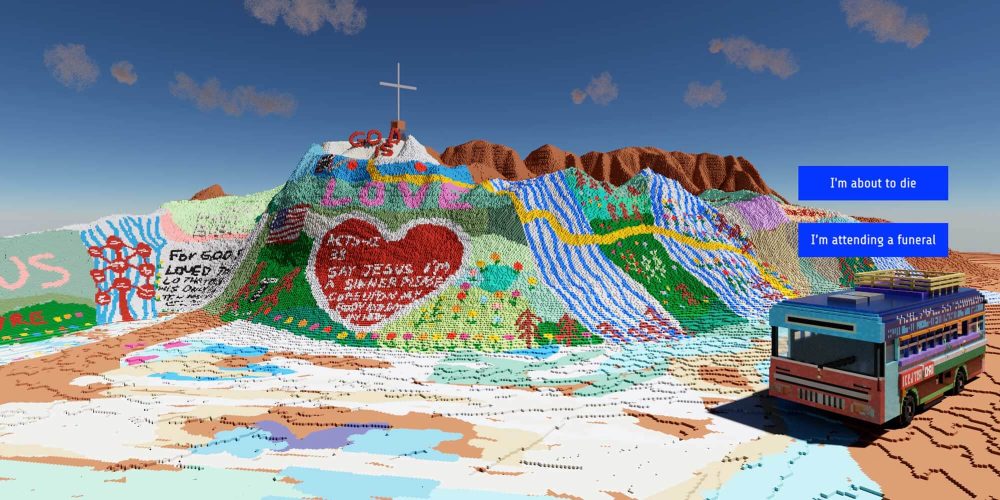
Who wants to live forever? AI and our digital (after)lives
[:de]Throughout time and across cultures, humans have been conditioned to view death as an endpoint in the experience of life. In an increasingly globalized and digitalized world, have our traditions and behaviours towards death changed? What happens when data outlives the person?
-
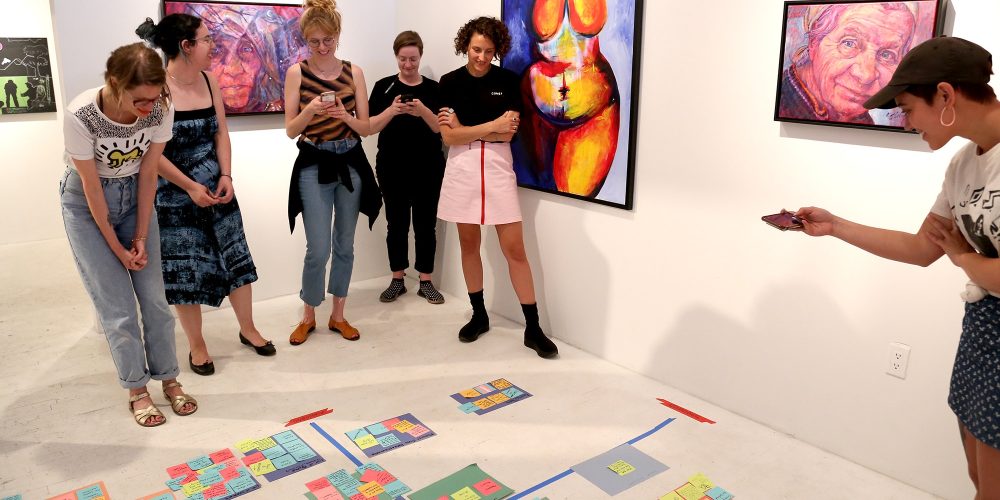
Is this a man’s world? Acknowledging gender bias in AI
Artificial Intelligence is fast becoming a major driving force of the rapidly accelerating digital transformation. Therefore, we have the responsibility to confront and question the gender biases inherent in AI models and seek ways to mitigate them.
-
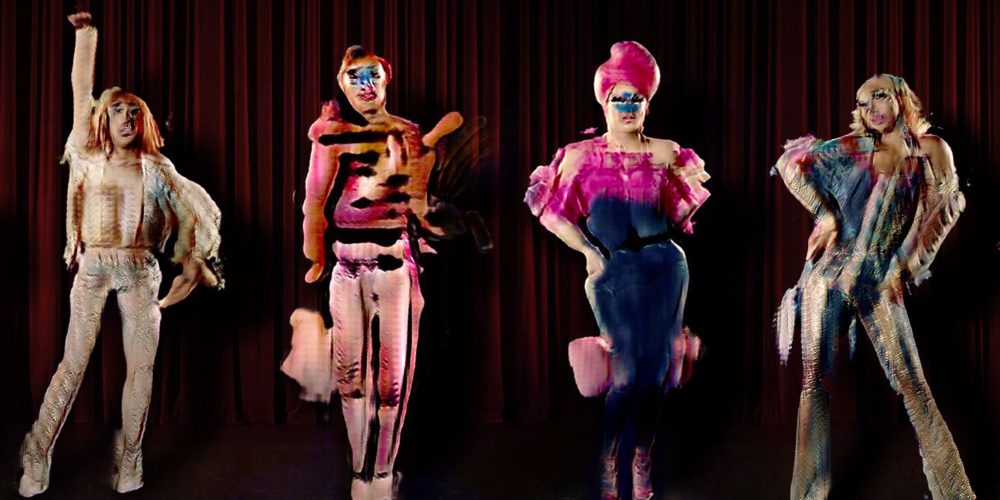
I see you: (in)visibility and equality in a new digital world
As Ars Electronica is a platform for those who see the future as the responsibility of our time and face it with social activation and empowerment, the last festival hosted projects which focused on making different realities and identities visible.
-

Deepfake: When the Moon Landing failed
Halsey Burgundy and Francesca Panetta discovered the prepared speech for U.S. President Nixon in the archives and recreated it in a deceptively realistic way.
-
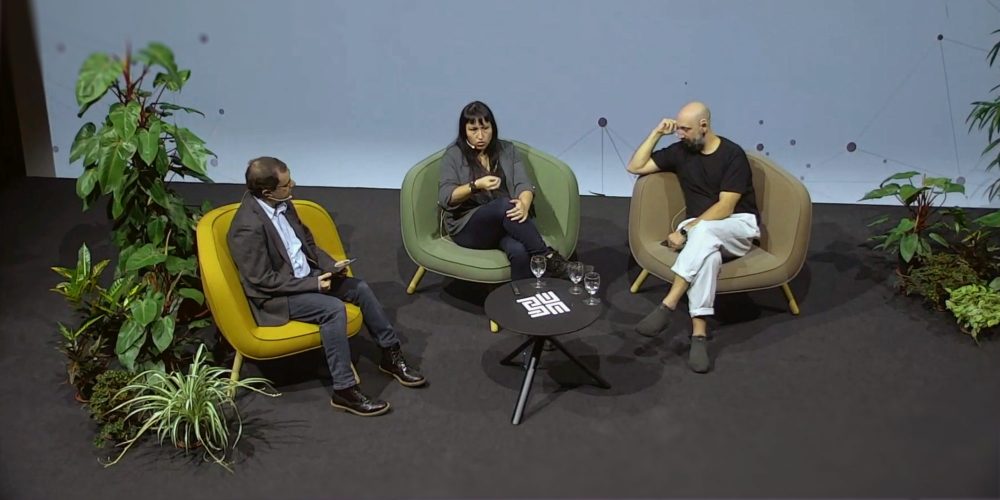
When Artists make use of Artificial Intelligence
The powerful tool “artificial intelligence” is increasingly finding its way into media art. Three artists talk about how they use AI and where they see their role as artists.
-
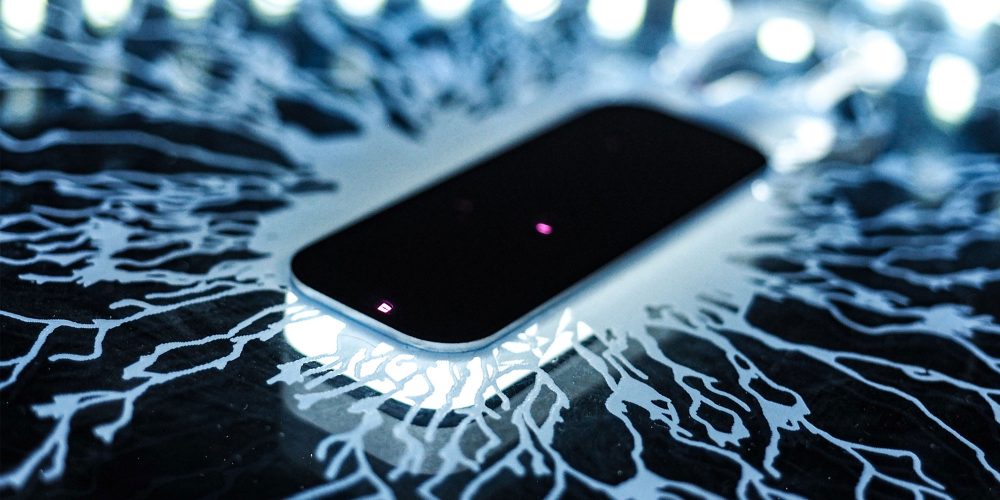
Day 2: Welcome to Innovation Day
Thursday is all about innovation – in a whole series of panels, talks and symposia, experts from art, science and business meet and think ahead. At the same time, the exhibitions will present works that illustrate innovation in the 21st century.
-
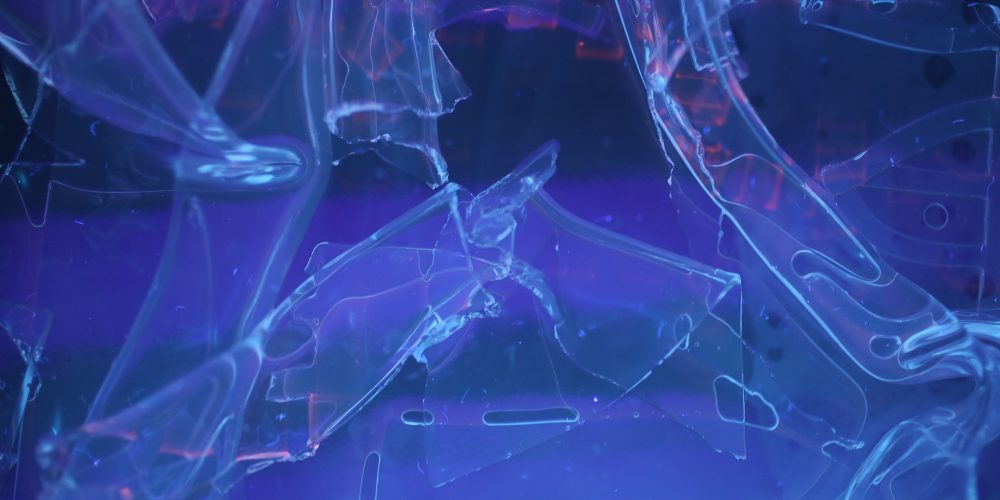
Man, machine and trust
Trust is one of those things. With a bit of luck, we gather more good than bad experiences, fall back into a – trusted – network when we stumble, and can face new experiences positively and without any worries.
-
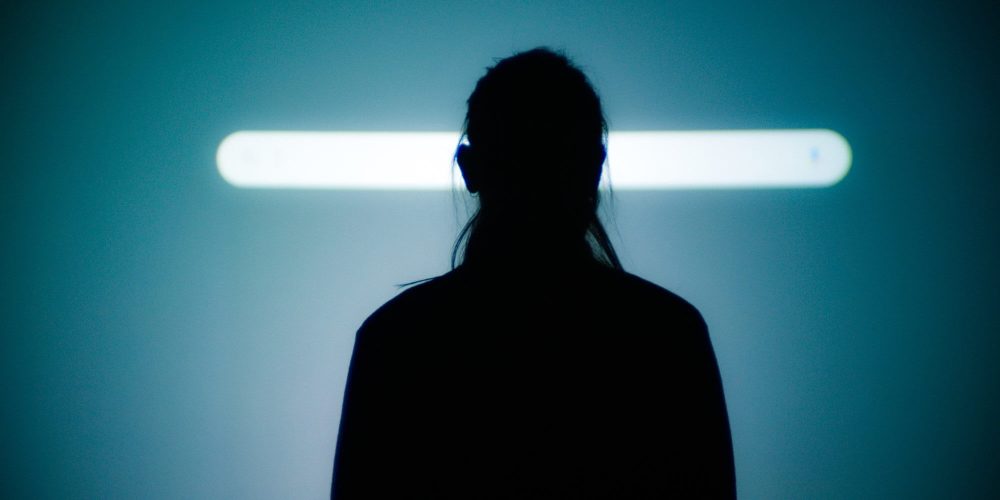
Take this: The New Digital Deal! (2/2)
Even more numerous, even more exciting and even more diverse: Here comes Part Two of the highlights of the Ars Electronica Festival 2021.
-
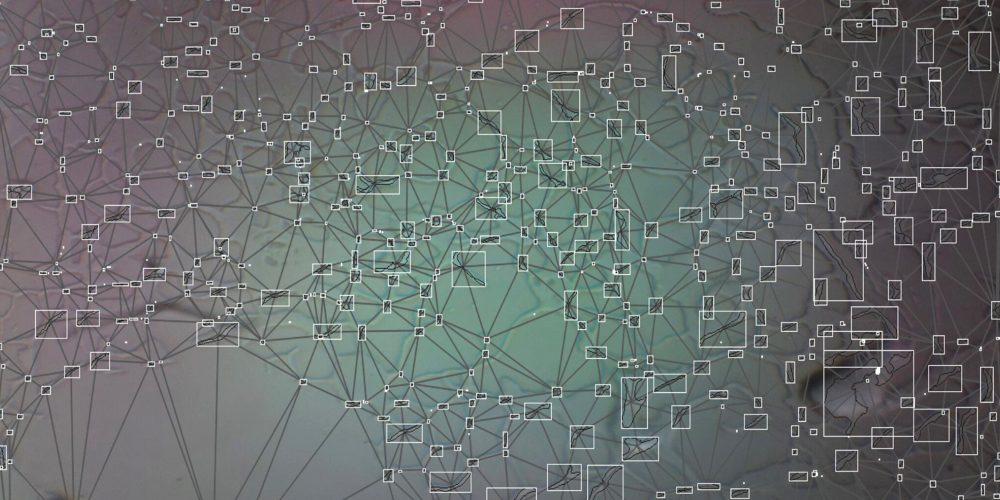
Artificial intelligence as a meta-researcher
An international collective experimenting between art and science. A multidisciplinary educational organization to explore the origin and nature of life in the universe and the evolution of intelligence. The beginning of a wonderful friendship.
-
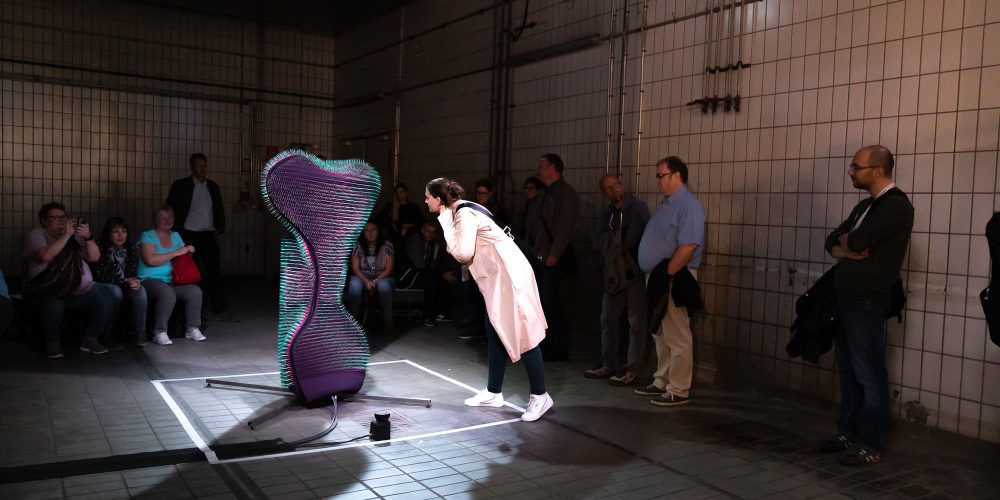
Shaping the Digital Future
Ars Electronica’s European Platform for Digital Humanism asks about the impact of technologies on society.
-
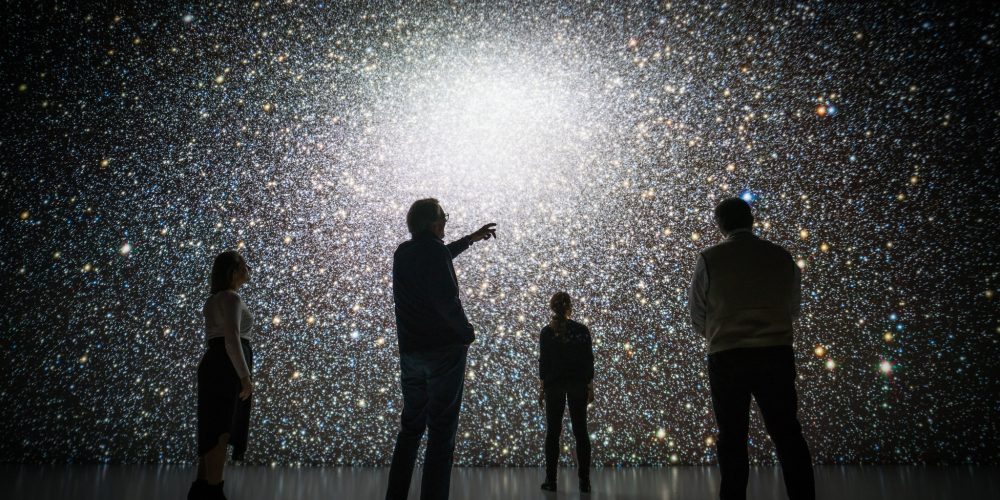
Galaxies and black holes
What is the origin of life? What is the origin of the universe? Where do we come from and where are we going? Questions that have preoccupied mankind for millennia, and it doesn’t look like they will be solved soon. For a wonderfully playful perspective, artists are now joining in.
-
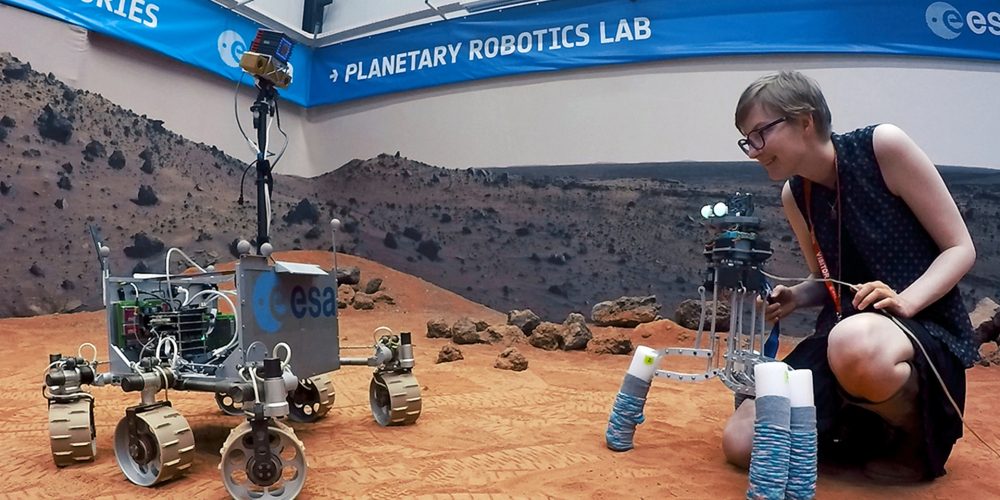
Step into Space
Wanted: Our place in the universe. Found: A team that combines humans and AI to answer fundamental questions. Sarah Petkus and Mark J. Koch aim to educate artificial intelligence to become an individual.
-
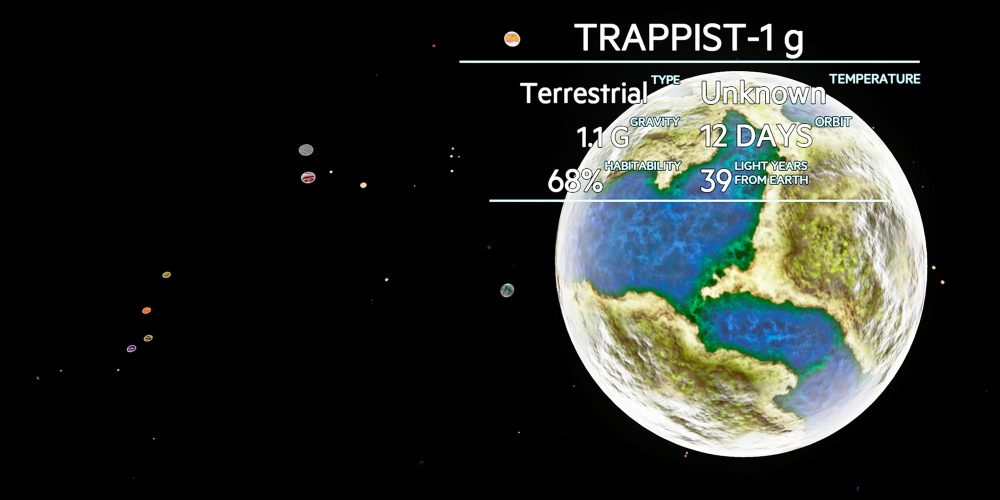
In search of the evolution of intelligence in the universe
The search for extraterrestrial intelligence may make some people think of a funny guy in a bicycle basket, for others it has serious scientific relevance and is closely interwoven with research on artificial intelligence. Thinking off the beaten track helps in this multidisciplinary work.
-
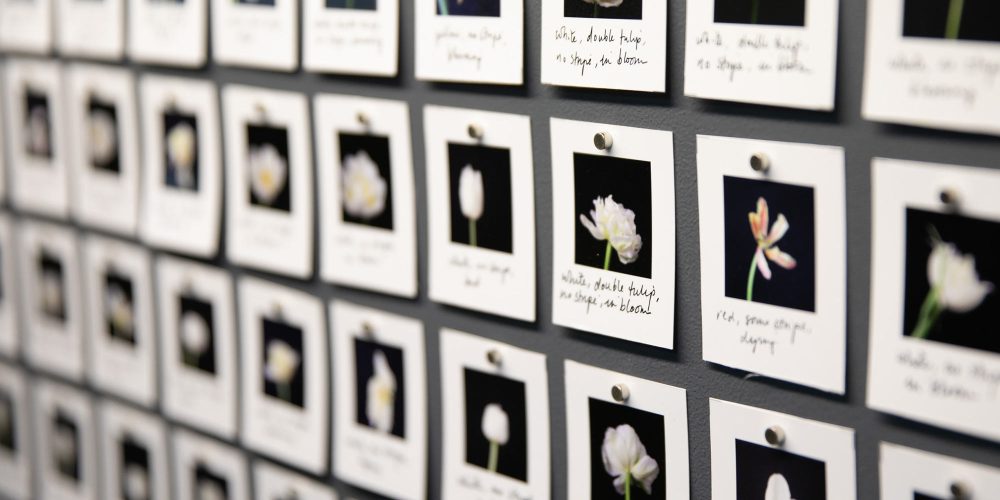
AI isn’t Artificial but Human
Our world is becoming more and more entangled. Financial markets where bots trade endlessly with other bots, social media algorithms that control what narrative we follow, deep fakes that make us doubt even our own senses. It is becoming increasingly difficult to find out where human influence lies in the process of AI.
-

The ethical Dimension of Artificial Intelligence: A Residency with Foresight
Artificial intelligence is one of the top topics of our time – it is not reserved for an intellectual elite, but reaches up to the regulars’ tables. Just as it will influence our living environment, everyone should feel compelled to have a say and participate in decisions. Best in Edinburgh and Linz!
-
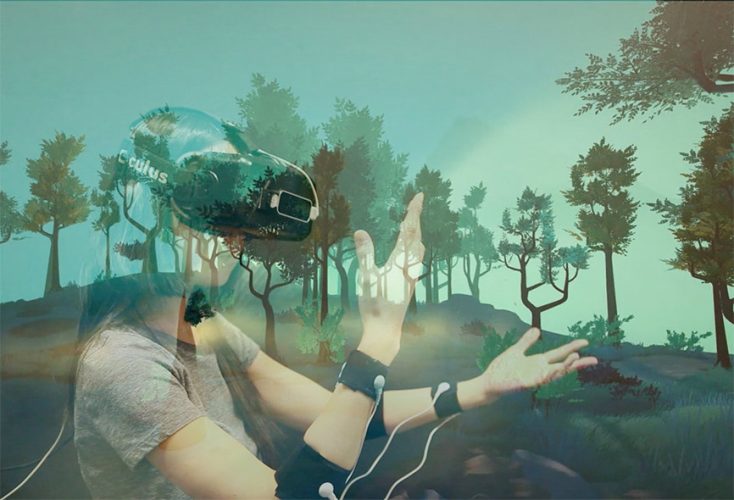
The Wandering Mind: Feel the Pulse of the Earth
Feel global environmental data, experience it with your own senses and be connected to the Blue Planet even more intensively as a human being: This is the aim of The Wandering Mind project by the artist duo slow immediate. In a few weeks their residency will start in Argentina and Austria – organized by the…
-
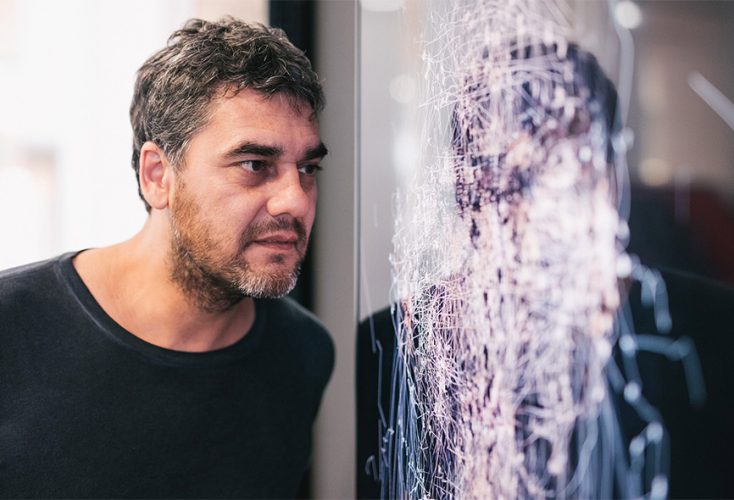
Artificial Intelligence and Neuroscience: A fascinating Cocktail for a Residency
The newly founded European ARTificial Intelligence Lab offers an exciting residency in Argentina and Austria for artists working in the fields of artificial intelligence and neuroscience. Mariano Sardon from Muntref Centro de Arte y Ciencia tells us more in this interview.